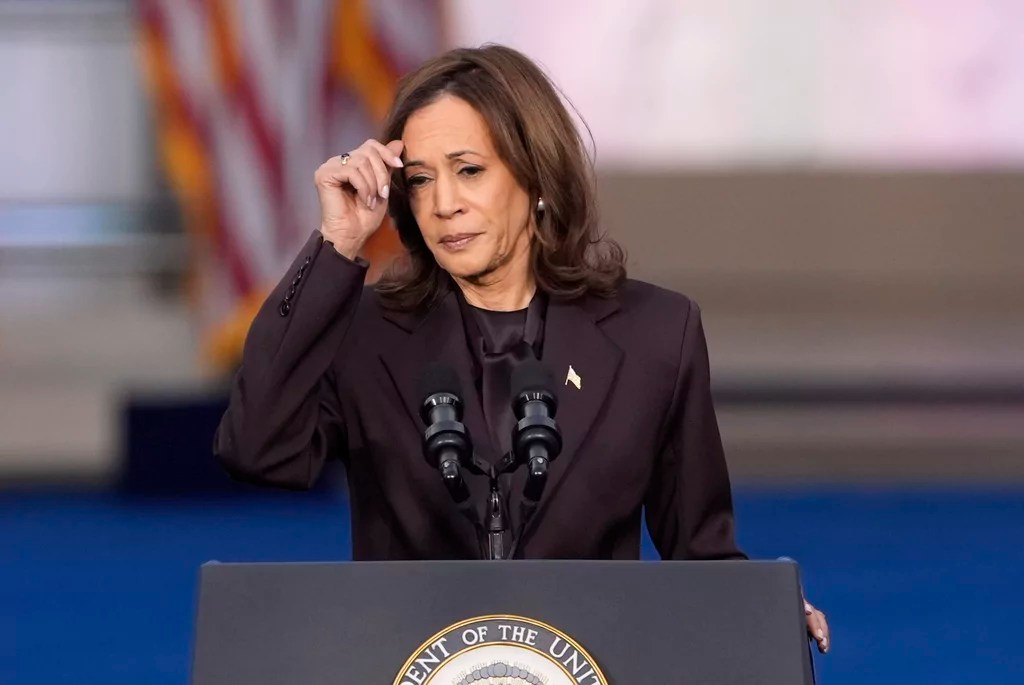FBI probes key witness in Idaho university murder case.
Prosecutors Seek FBI Investigation into Expert Witness in University of Idaho Murder Case
Prosecutors leading the case against the man accused of killing four University of Idaho students have contacted the FBI to investigate one of the defense’s expert witnesses.
Latah County Prosecutor Bill Thompson sought the FBI’s help investigating the expert witness, who allegedly gave contradictory testimony, Fox News reported. Prosecutors contacted the FBI instead of cross-examining the witness, Gabriella Vargas, an expert on genetic genealogy.
Vargas testified during an August 18 hearing about alleged issues with the DNA evidence in the case, and just days later, the FBI showed up at her door, the suspect’s attorneys said.
“Last night she was visited by two FBI agents and interrogated about her testimony and the findings of her declaration,” said the suspect’s attorney, Anne Taylor, during a hearing in August. “That, in our view, impacts [the suspect’s] due process rights.”
The Daily Wire is not naming the 28-year-old suspect due to a policy aimed at depriving mass killers of the notoriety they so often crave.
Thompson filed an explanation for the FBI’s involvement last week, saying that investigators allegedly heard through Vargas’ colleagues that “she was reneging on some of the things she was testifying to in court,” according to Fox.
“When we heard of that, I reached out to investigators and asked, ‘Can you find out what is going on?’” Thompson said. “The FBI indeed undertook an investigation, and other reports are that Ms. Vargas claimed that some of what was in her declaration she had inadvertently agreed [to] or signed without fully reading it.”
The suspect in the case has been charged with killing Ethan Chapin, 20; Kaylee Goncalves, 21; Xana Kernodle, 20; and Madison Mogen, 21, in the early morning hours of November 13, 2022. DNA found on a knife sheath left behind at the crime scene has been matched to the suspect’s DNA.
In early August, his attorneys offered an alibi for the suspect’s whereabouts on the night of the murder, saying he was out driving late at night.
“[The suspect] has long had a habit of going for drives alone. Often he would go for drives at night. He did so late on November 12 and into November 13, 2022,” Taylor wrote in the filing. “[The suspect] is not claiming to be at a specific location at a specific time; at this time there is not a specific witness to say precisely where [my client] was at each moment of the hours between late night November 12, 2022, and early morning November 13, 2022. He was out, driving during the late night and early morning hours of November 12-13, 2022.”
Part of the evidence that led to the suspect’s arrest, mentioned in a previously unsealed probable cause affidavit, showed that police were able to narrow the timeframe of the crime to between 4:00 a.m. and 4:25 a.m. and reviewed video footage taken in the area in the time before and after the murders are believed to have occurred. The footage showed a white Hyundai Elantra without a front license plate (front license plates are required in Washington and Idaho, but not in Pennsylvania, where the car was registered) in the area between 3:29 a.m. and 4:20 a.m. The vehicle can be seen passing the off-campus residence three times before returning a fourth time around 4:04 a.m. and attempting to turn around on the road. The vehicle was next seen around 4:20 a.m. traveling away from the direction of the off-campus residence at high speed heading in the direction of a road that eventually leads to Pullman, Washington, where the suspect attended Washington State University (WSU).
Video footage from the WSU campus showed a white Hyundai Elantra leaving the area and heading toward Moscow at around 2:53 a.m. This vehicle was again observed on five cameras in Pullman and the WSU campus at around 5:25 a.m.
Police pulled records for white Hyundai Elantras registered at WSU on November 29 – just over two weeks after the murders were committed – and found one belonging to the man who was eventually arrested. Police reviewed the owner’s Washington state driver’s license and determined he matched the physical description of the suspect provided by one of the surviving roommates.
Police matched the suspect to the vehicle through two previous traffic stops in the months before the murders. They also learned that the suspect registered his vehicle in Washington and received Washington plates on November 18 – five days after the murders.
In a previous filing, the suspect’s attorneys claimed that DNA found at the crime scene may have been planted by police.
“The State’s argument asks this Court and [the suspect] to assume – is that the DNA on the sheath was placed there by [the suspect], and not someone else during an investigation that spans hundreds of members of law enforcement and apparently at least one lab the State refuses to name,” the suspect’s defense attorneys wrote.
" Conservative News Daily does not always share or support the views and opinions expressed here; they are just those of the writer."





Now loading...